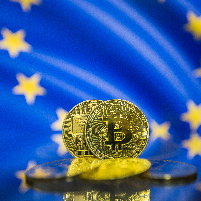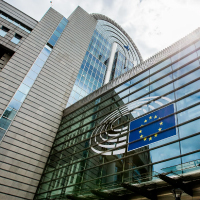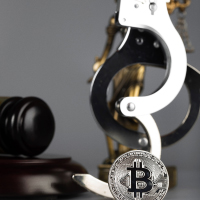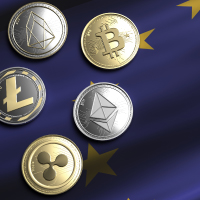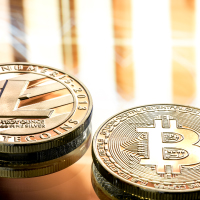
Recommended contact person
A bitcoin is digital crypto currency, which means it is entirely controlled and stored on computers spread across the internet. Bitcoin is operated by open source software that operates according to the laws of mathematics. This software is run on thousands of machines across the globe by people called miners. A miner is someone that connects their computer to the system to provide added processing power to the network. As a reward for doing so, they get rewarded in bitcoins, hence why they are called miners.
Bitcoins can be stored in various ways:
- Hot wallet: Software that sits on your personal computer
- Mobile wallet: Software that sits on your mobile and allows you to make payments directly from your phone by scanning a QR code for example.
- Online wallet: your wallet sits on an online site that manages other wallets too. Similar to an online mail service like ‘Hotmail’.
- Cold bitcoin wallet: for those who are afraid of online hackers, you can store your bitcoins on a computer that is not connected to the internet.
- Physical bitcoin: every bitcoin has its own private cryptography key which can be written on a piece of paper, carved into a coin…etc.
One of the bitcoins special features is that it is an anonymous currency and that breaks down barriers between people and countries, and frees currency from the control of federal governments…the fact that it is difficult to control and define has made it difficult for various jurisdictions to decide how they will treat and tax the digital currency.
There is no one way solution as to how to legally view bitcoin, so it is important to look at your jurisdiction separately.
Here are some examples of the UK, France, US, and Cyprus legal approach to the bitcoin.
- France*: It is legal to own, mine, buy, and exchange a bitcoin. Bitcoin transaction exchange services operating in France must have an agreement from the central bank, or work with a registered company for holding funds.Tax wise, general income exchange is unclear. If it is classified as “digital” or “virtual” currency, it will more than likely be treated like ordinary income. With regards to Capital gains exchanges, France leaves a 34.5% capital gains tax on the sale of financial instruments. If bitcoin is treated as a financial instrument, users may be subject. It does not have an official status as a currency.
- UK*: Just as France, it is legal to own, mine, buy, and exchange bitcoins. There is no fixed information regarding Capital gains exchange tax, and its currency status is “private currency”.
- US*: In the US, it is legal to own, mine, buy and exchange bitcoins. Mined bitcoins though are considered as general Income “When a taxpayer successfully “mines” virtual currency, the fair market value of the virtual currency as of the date of receipt is includable in gross income”. (IRS Notice 2014-21). With regards to capital gains on exchanges, capital gains are taxed depending on the taxpayer “If the virtual currency is a capital asset in the hands of the taxpayer” (IRS Notice 2014-21)
- Cyprus: In Cyprus the bitcoin is legal to own, buy, mine, and exchange. Whether it is considered as general income is unclear. Cyprus assesses income tax on all types of gains for both individuals and corporations; individuals may exclude gains from disposal of “securities”, so classification is key. With regards to Capital Gains from exchanges, Cyprus only taxes capital gains from disposition of immovable property, like real estate. Cyprus has welcomed the bitcoin in various ways, a school and university in Cyprus accept bitcoin as payment for students fees, showing that there is an open minded approach to the currency.
It is hard for some to process and fully understand the concept of Bitcoin, especially as it is so volatile…just as it was hard for some to process and fully understand the concept of the Internet at the beginning. What is important is to stay up to date as changes in laws and tax regarding the currency are often. What is clear is that Bitcoin is considered legal, and its use is evolving and growing on a daily basis.
*Source: www.bitlegal.io







